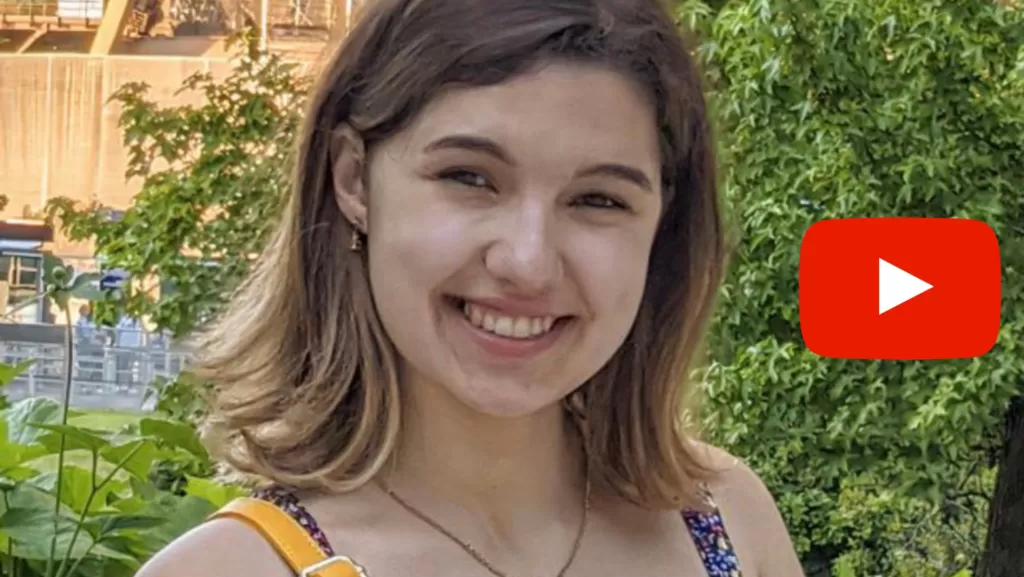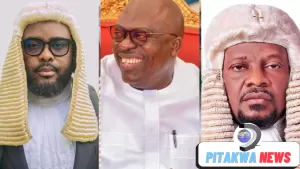I’m a bisexual person who doesn’t enjoy sex. People are often confused by my identity — and the fact that I have a male fiancé doesn’t help.

I’m bisexual, but because I’m dating a man I often feel like I have to prove my queerness.
To make matters more complicated, I’m also asexual, so I don’t enjoy sex.
I feel invisible because my bisexuality and asexuality are often erased.
I came out as bisexual when I was 15. Then I figured out I was never going to really be into the whole sex thing and identified as asexual too. To make everything easier, I call myself queer.
Jeanine Pirro’s Insult Of Kamala Harris Is Beyond The Pale On Fox News
Yet I don’t fit into queer spaces. In large part it’s because my fiancé is a man. But it’s not like I fit into straight spaces either. I’m stuck in a liminal space and feel invisible.
It seems like I can’t win as a bisexual woman
I was 11 when I first heard the word “bisexual.” My mom was talking about how some people were so desperate to date someone that they’d date anyone. For most of eighth grade I wondered whether I was queer or a desperate faker.
When I did come out, my mom said she thought my theater friends had convinced me I was bisexual. She thought I was just going along with what was cool.
When I’m in a relationship with a man, casual friends and some family members joke that I picked the wrong side. Some people on social media even shame bisexual women for dating men.
I often wonder: Am I making my bisexuality up after all these years? Am I just trying to be quirky? Am I an unacceptable bisexual because I’m dating a man? Obviously not, but people’s “jokes” sometimes get to me.
It hurts a lot, and it’s isolating. It’s like there’s nowhere I can turn to for support.
To make matters even more complicated, I’m also asexual
A common misconception is that bisexual people are promiscuous because they like everyone. But people get a little confused when they find out I also identify as asexual.
I don’t feel a lot of sexual attraction; I might have sex once a month. I don’t really derive any pleasure from the act itself — or related activities. It’s mostly a thing I do because my partner is into it, and I enjoy making him feel good. I’d be fine without it.
Like everything else, asexuality is a spectrum. It doesn’t negate my bisexuality.
When I started asking questions about asexuality at 16, no one believed me. Everyone told me I’d get it — “it” being sex and sexual attraction. Then they told me I had to at least try it. Now at 24, and having tried it, I’m pretty OK with the fact that I might never get it.
But even now asexuality is often talked about as a trendy new thing. It’s not treated like a real identity people have, which makes me feel even more lost.
I’m in a straight-passing relationship, and my queer identity feels invisible
I constantly feel like I have to prove myself — to prove that I am queer enough. To try to belong, I’m often outing myself at every turn so other queer people know I’m one of them. On the other hand, I have to justify myself all the time to straight people when they find out I’m queer so they don’t treat me like I’m an attention seeker.
I love my fiancé, and he accepts me without blinking an eye. Still, he doesn’t quite understand the heteronormativity shoved onto me, because it’s normal to him. Because to the outside world we are a heterosexual couple. It makes me feel like I’m pretending to be something I’m not.
That lack of belonging is like a thrum under my skin that doesn’t always go away. But there are times when it does.
I’m learning there isn’t a right way to be bisexual or asexual
Though I still feel invisible in most straight and queer spaces, I rely on the people who know me to help me feel like myself.
I’m ace and bi. My best friends don’t think I’m faking being queer or not being queer enough. They see me for me, and they let me belong.







